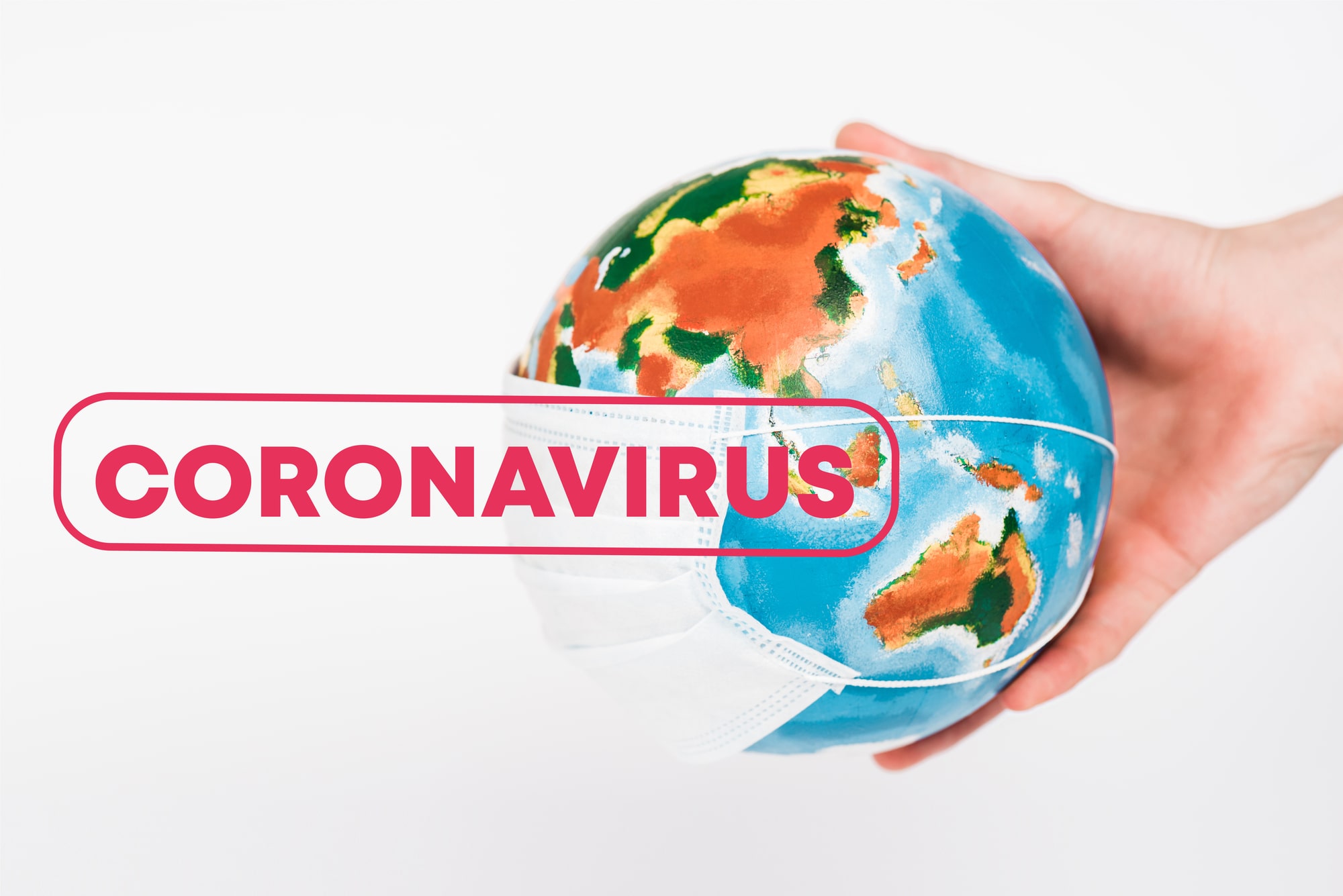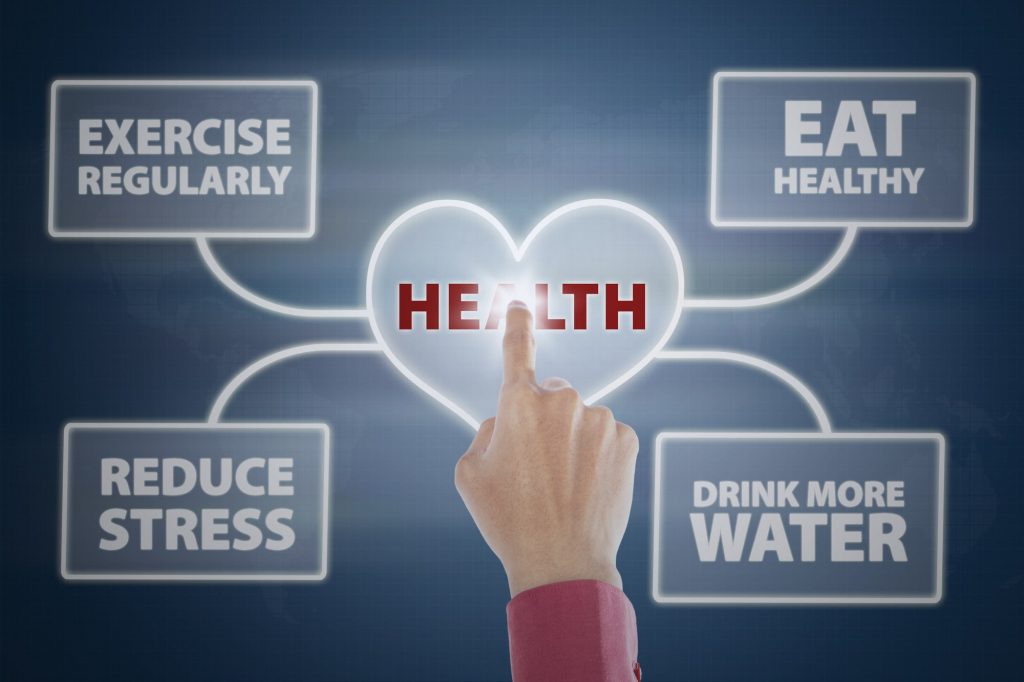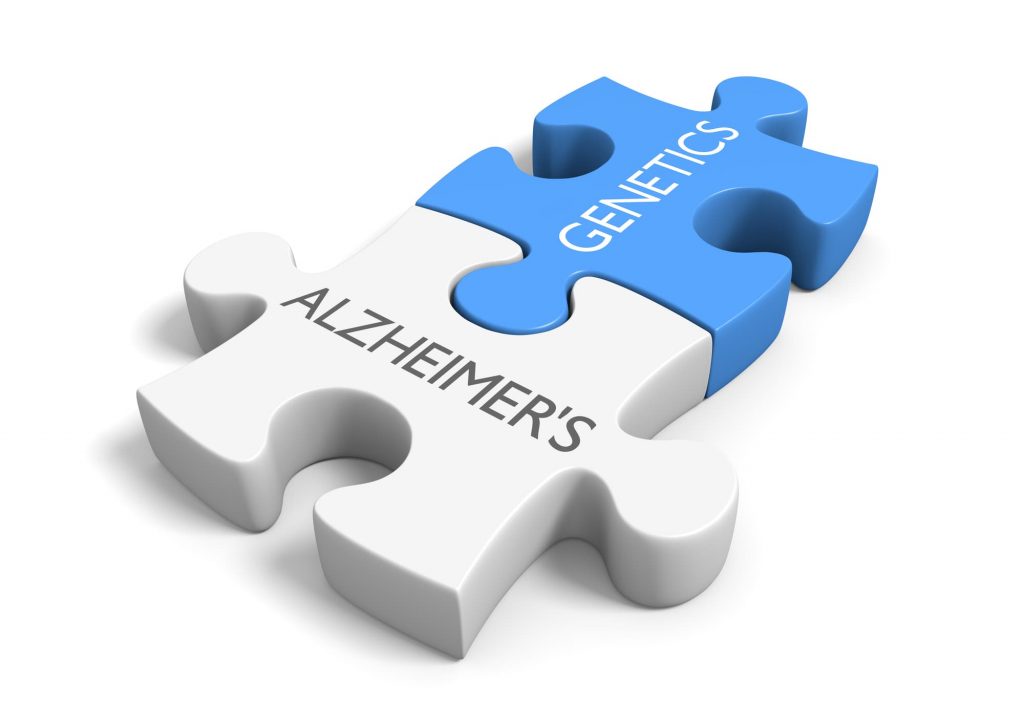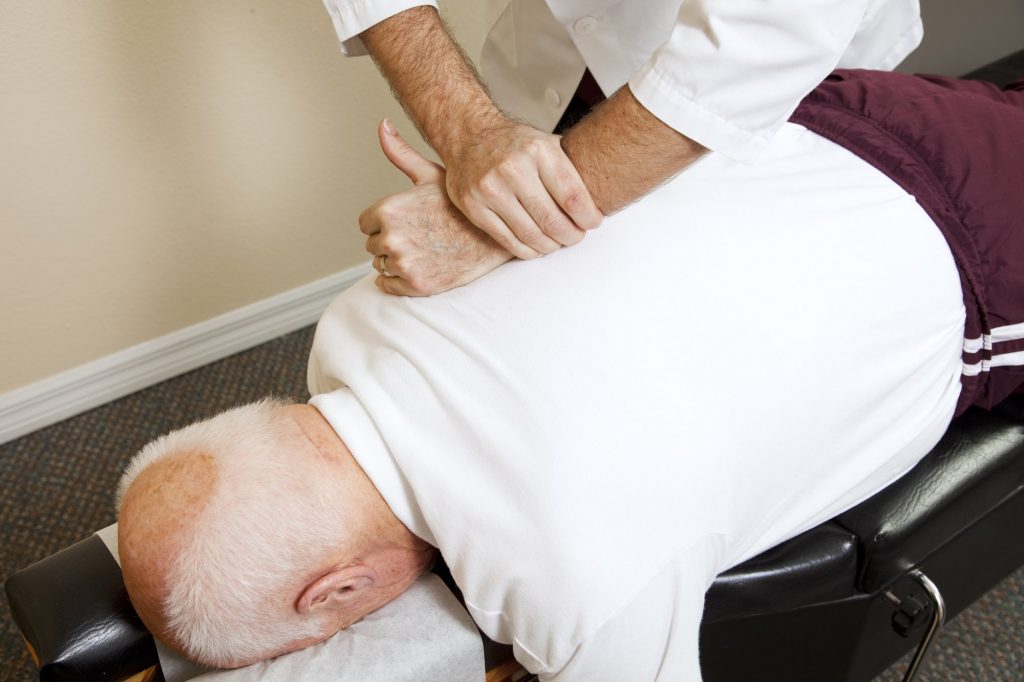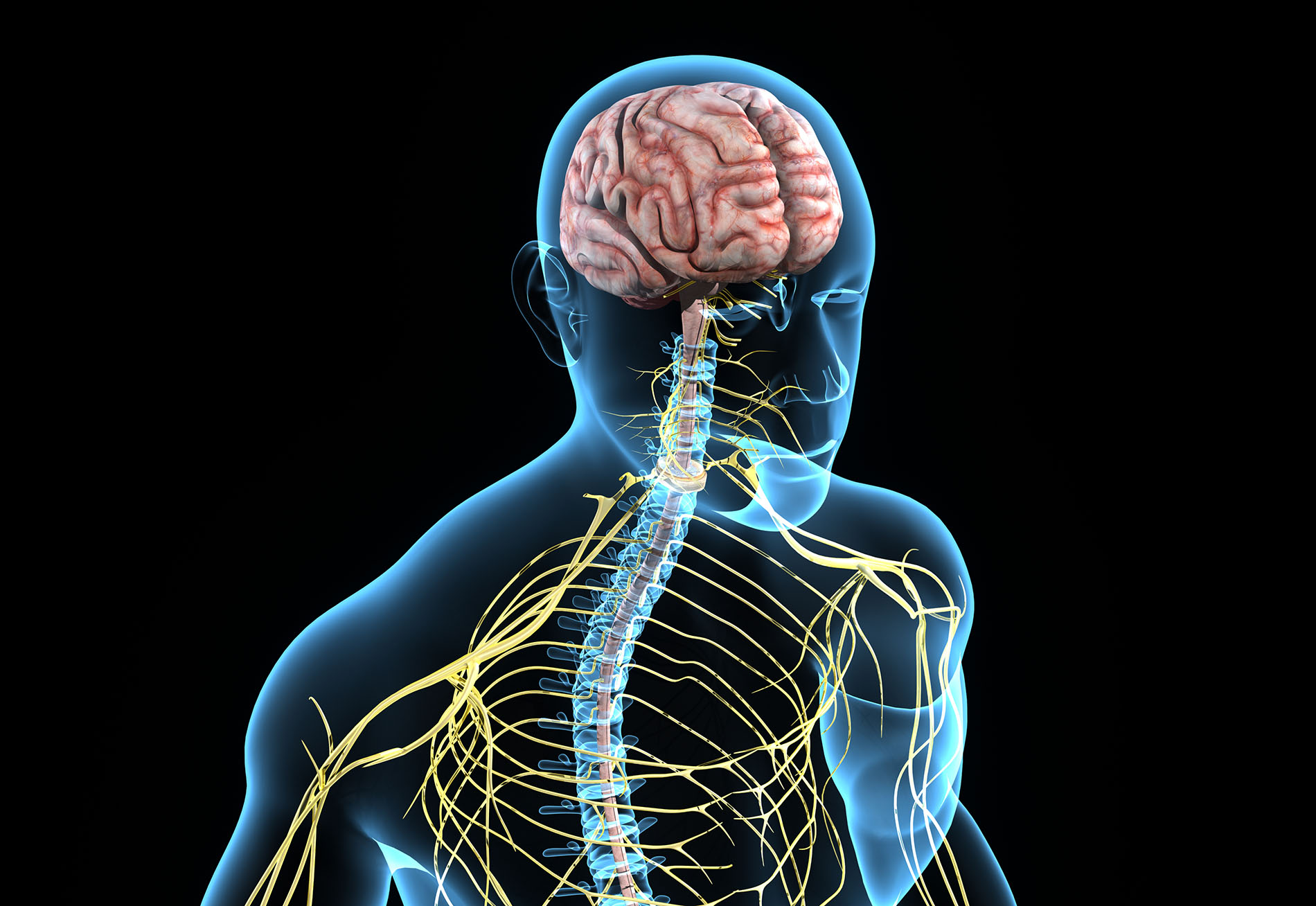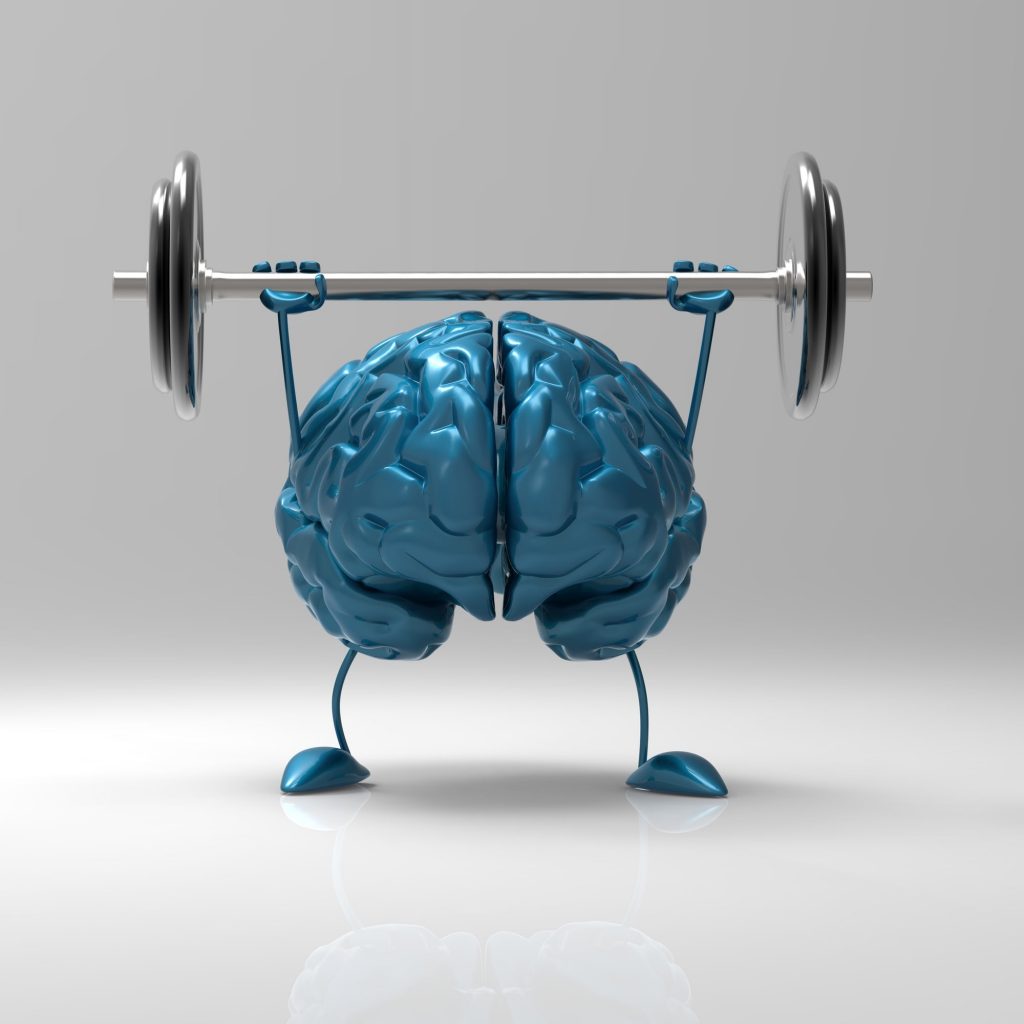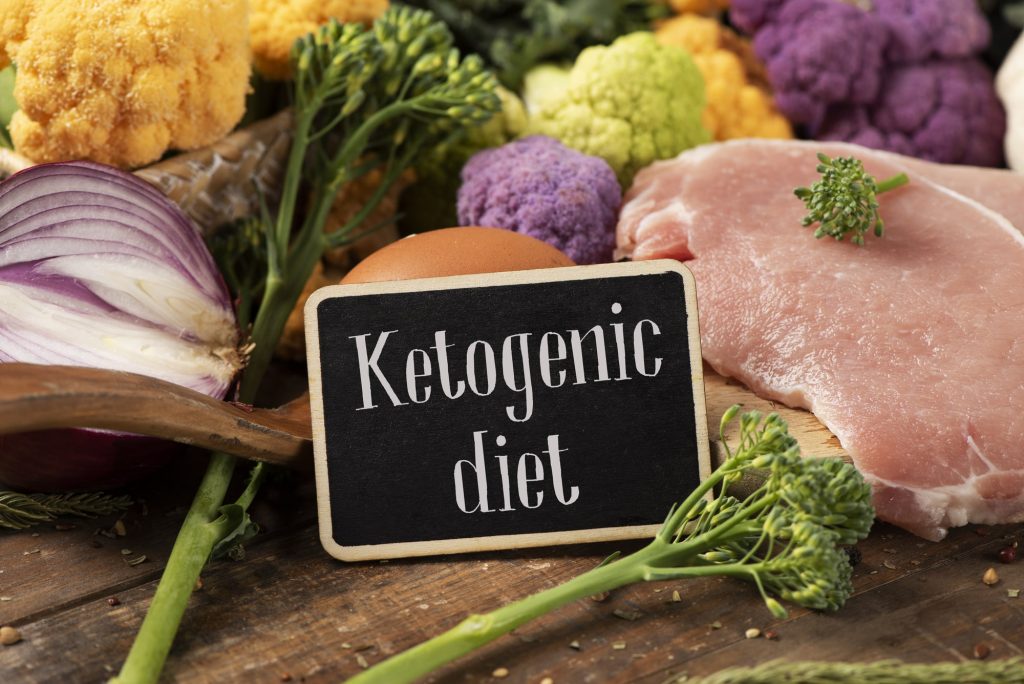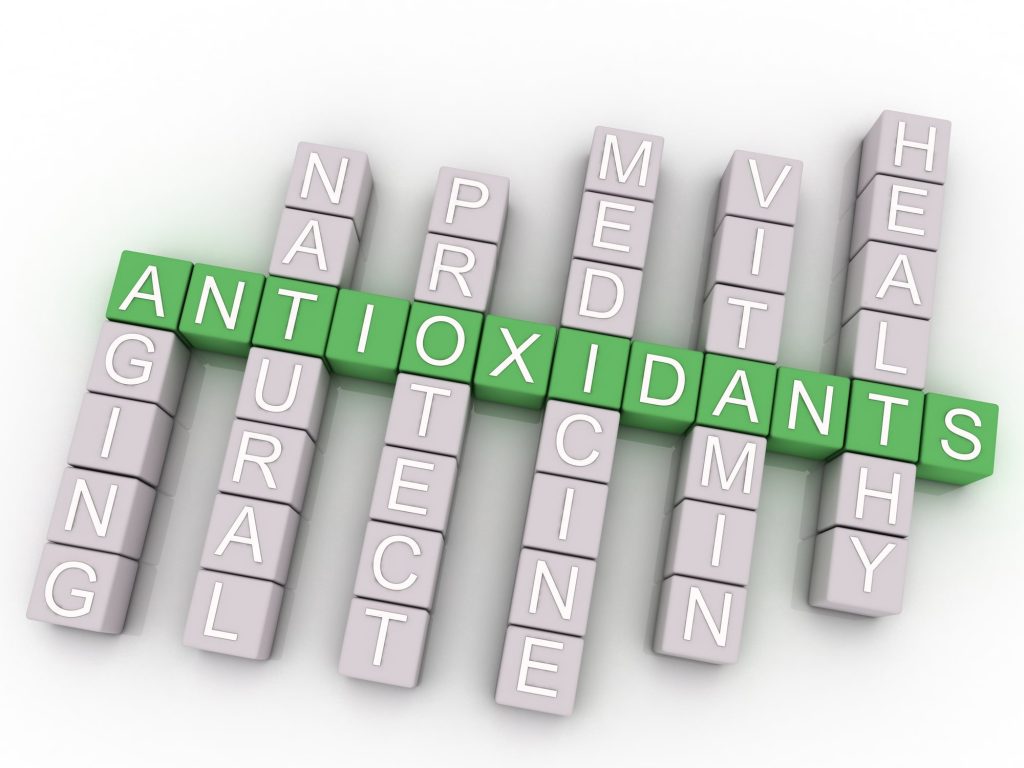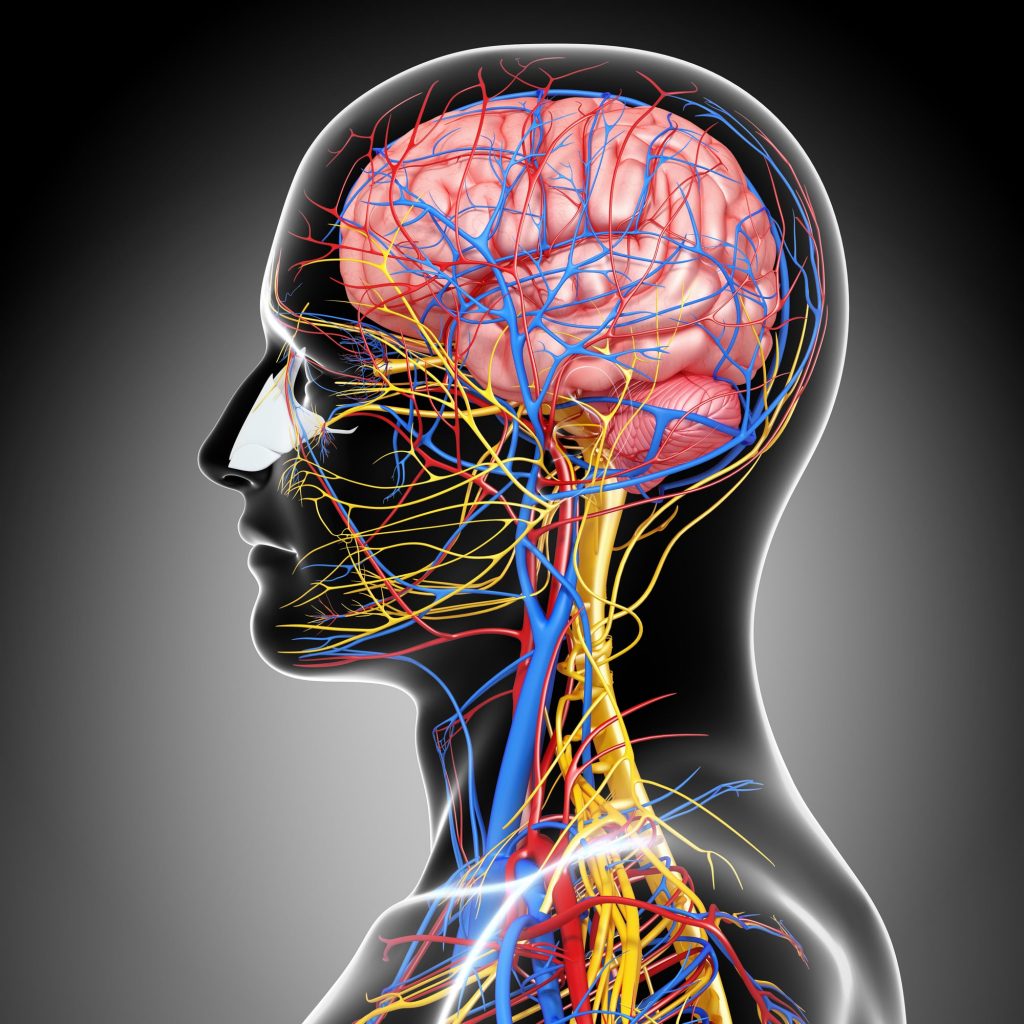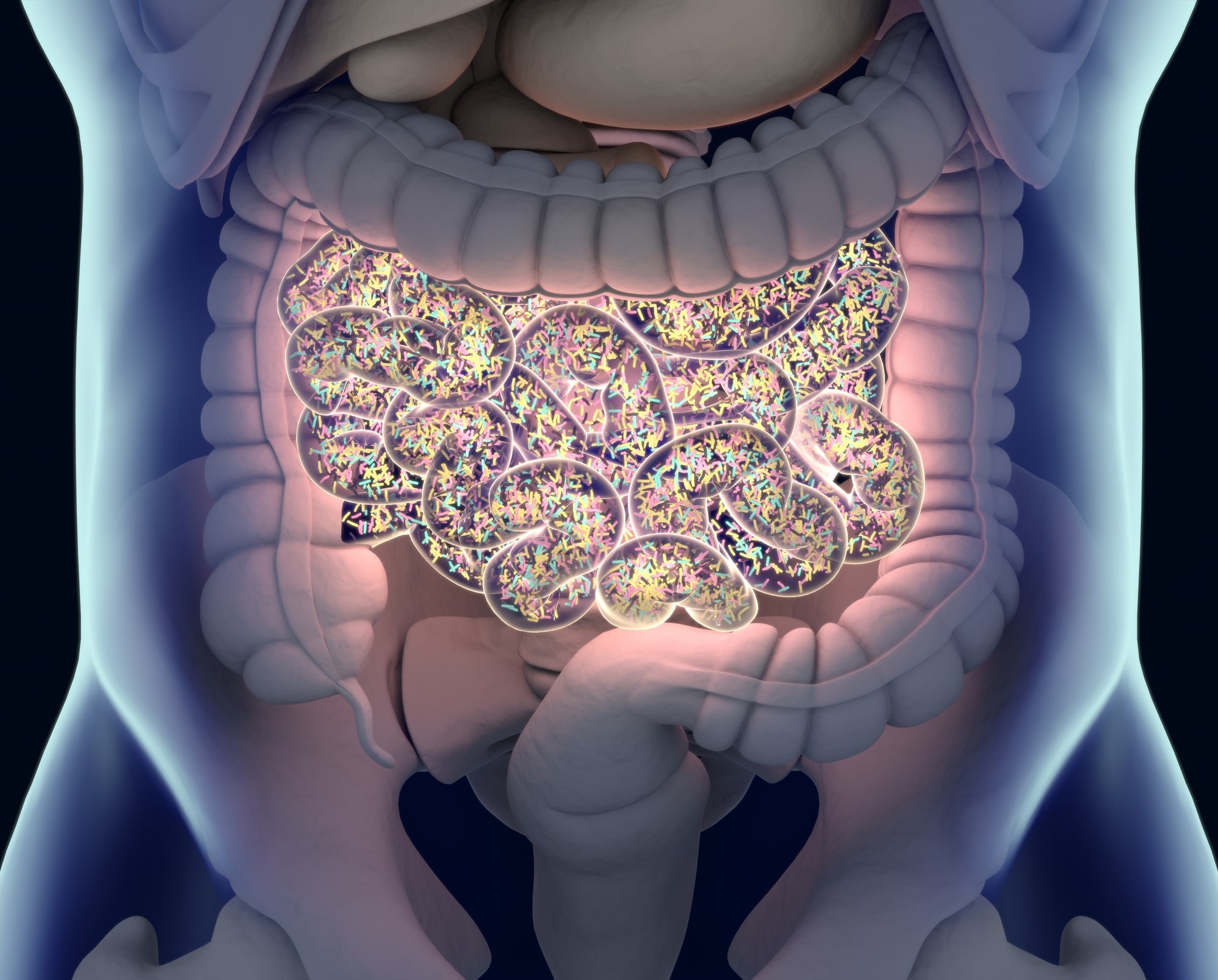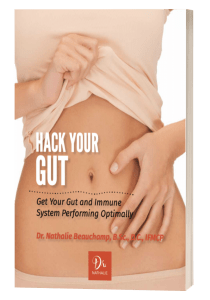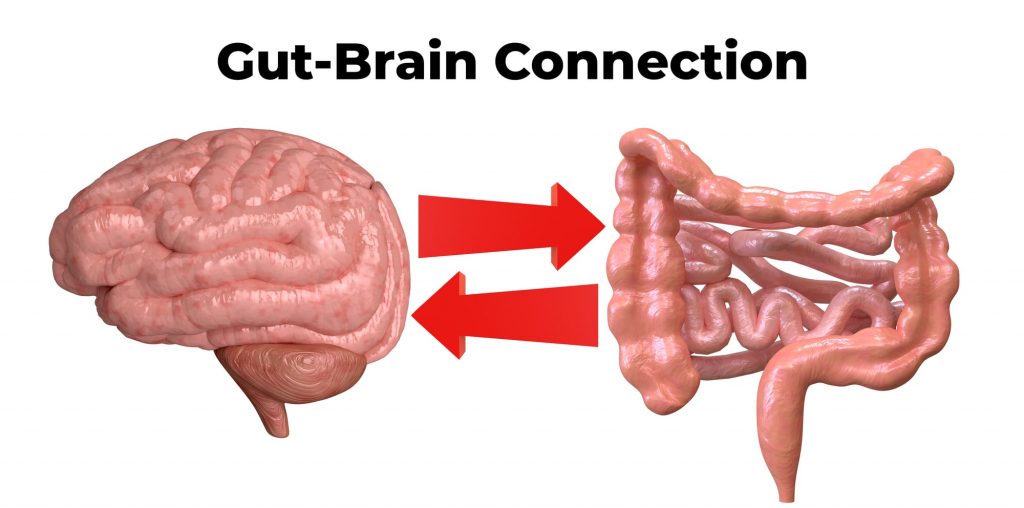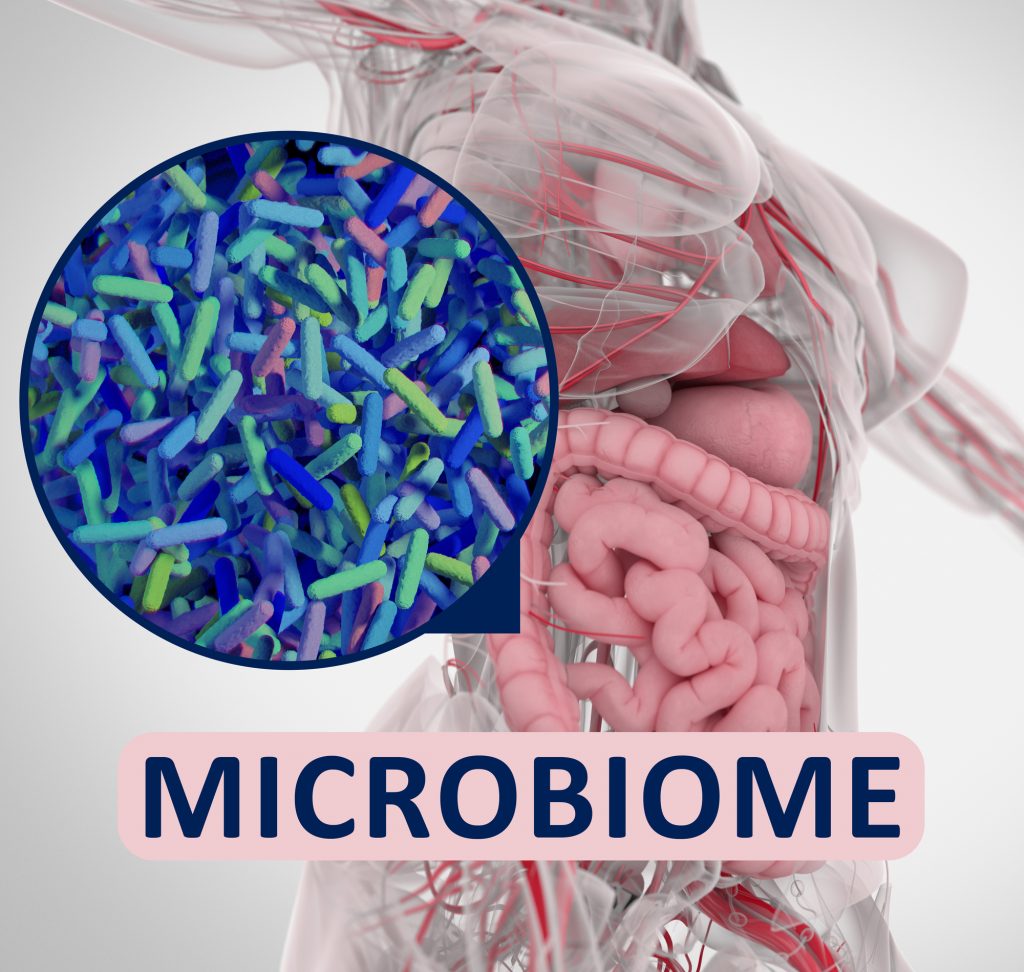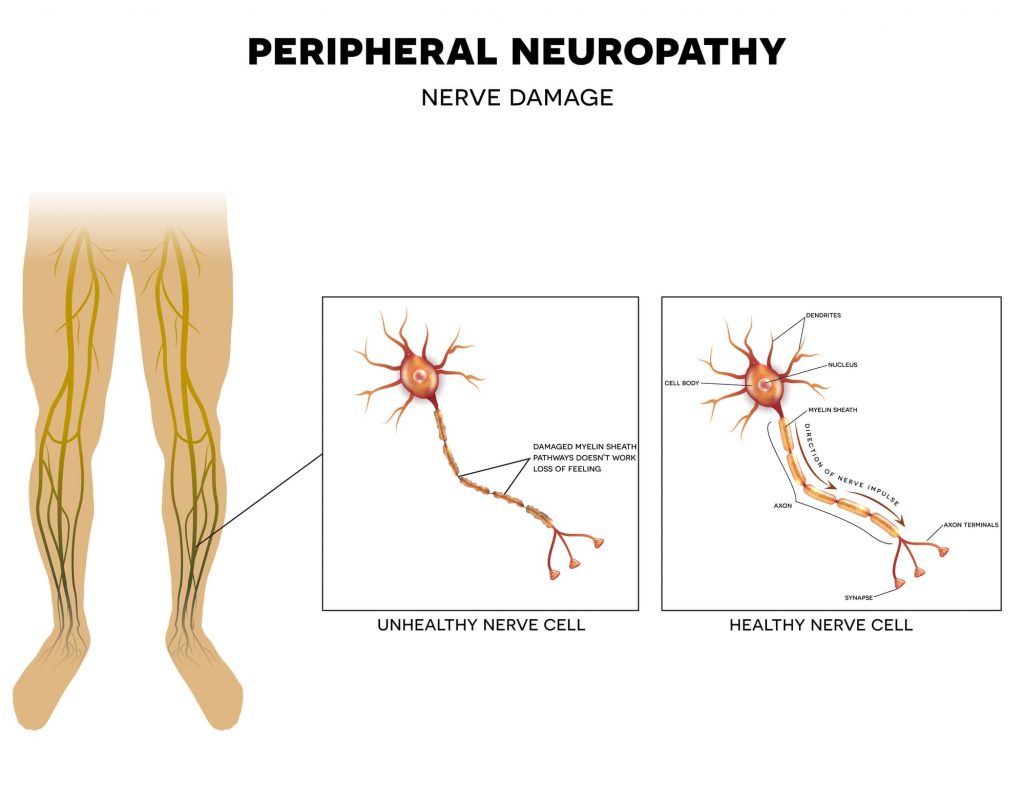Are you feeling stressed and depressed? In today’s world, the word “stress” gets thrown around a lot, and with good reason. Stress has been scientifically proven to be at the root cause of chronic diseases we suffer with today.
Did you know, 9/10 people in westernized nations die from chronic disease, which CAN BE PREVENTED?
Sadly most people only think, or know about one type of stress – mental stress. However, there are 4 main subcategories.
Types Of Stress
The Breakdown Of Stress
Causes Of Chemical Stress
- Poor diet
- Toxins in the environment (pollution etc.)
- Drugs (prescribed or recreational)
- Chemical body care products like deodorants, soaps and shampoos
Causes Of Physical Stress
- Poor posture
- Desk jobs
- Manual labor jobs
- Repetitive strain
- Old traumas
- Accidents
- Injuries
- Sedentary living
Causes Of Mental Stress
- An internal perception of your environment that surrounds you
- Either work or home life, can be mentally or emotionally stressful
These stressors act on our body, and our body reacts/responds to them all the same – it puts us into fight or flight mode, otherwise known as the stress response. For short term stressors, this is intelligent adaptation. This allows us to survive these stressors. However, we are not under short term stress but rather chronic stress.
When stress goes above and beyond what we can handle, our body responds via the nervous system. The nervous system detects the stress, and puts itself into protection. The only thing that can physically protect the central nervous system is the spine.
Causes Of Spine And Nervous System Stress
The spine splints for protection, resulting in either a spine that loses its normal motion and/or position. Intelligent adaptation. But if that does not self correct, this is where the problems happen.
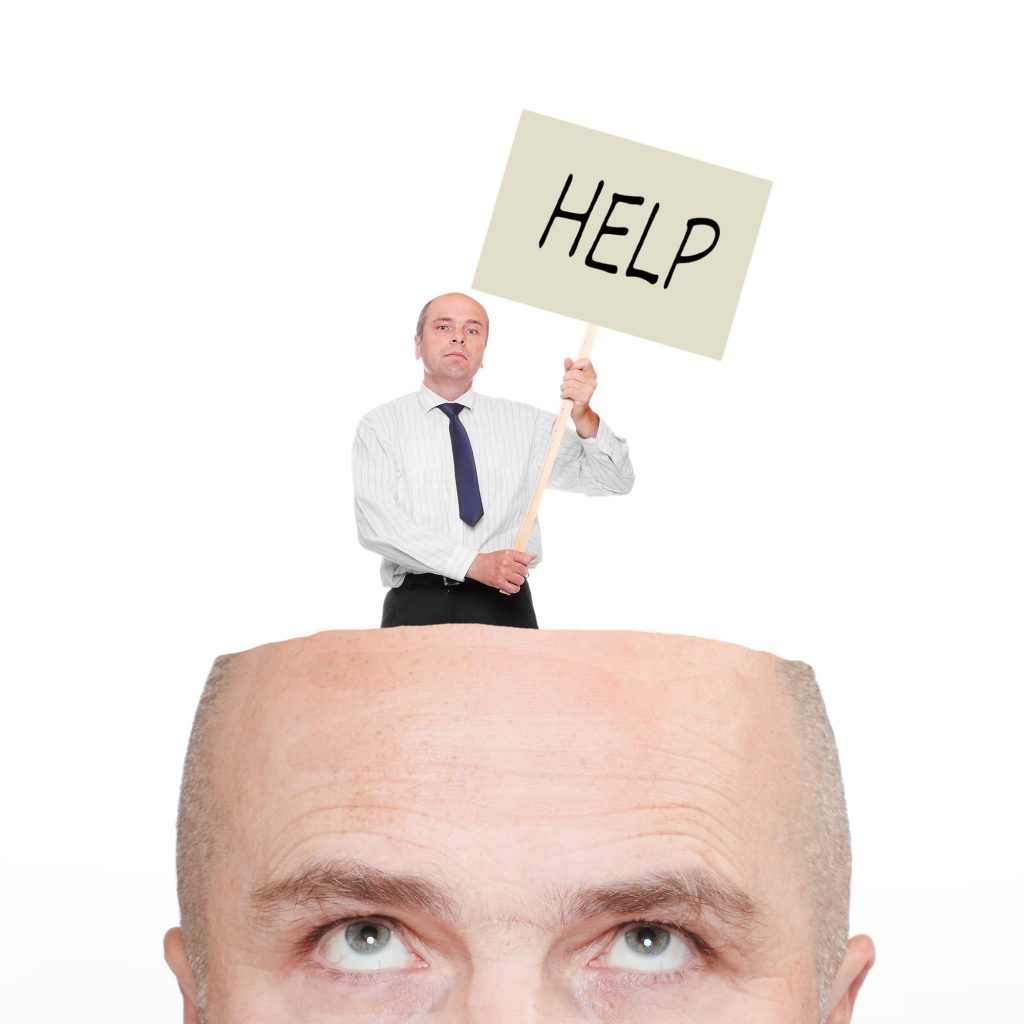
Feeling Stressed and Depressed ? What Can You Do About It?
QUALITY NUTRITION is your best tool to beat the chemical stress. Eat less processed foods, focus on whole foods, and foods found in nature (fruit and vegetables!). Use natural skin care products with as few chemicals as possible.
OPTIMAL FITNESS can combat sedentary living. Consistency, and variety is the ticket here.
- Walking
- Jogging
- Hiking
- Cycling
- Rowing
- Weight training
- Yoga
Take your pick. Even just walking 30 minutes a day, 5x a week, has been shown to drastically reduce risk of chronic disease.
PERSONAL POWER – it’s all in your head! Your outlook can be positive or negative – the choice is yours.
- Having a more positive outlook
- Being a part of the solution not the problem
- Focusing on your sphere of control
- Meditation
These have all been shown to help decrease mental stress.
It’s hard, if not impossible, to self correct spinal misalignment. This is where a visit to your local chiropractor may pay huge dividends. Chiropractic helps to clear nervous system stress and get a BALANCED SPINE. In addition, chiropractic care has been shown to;
- Boost immunity
- Improve overall quality of life
- Decrease stress and anxiety
- Help with pesky aches and pains from old or new injuries
Honestly, who can’t benefit from all those things?
Here’s to a healthier, happier, longer life!
Dr. Raphael fell in love with chiropractic while he was in the electrical engineering program at McMaster University. “As a track and field athlete, I was often injured, and saw a chiropractor for help.” “Because of my engineering background and understanding the way things worked, chiropractic made sense to me.” The spine is like a circuit breaker for your body—if the switches are in the right position, the electricity will freely flow to all the parts.” “My results with chiropractic care were amazing. Not only was my pain relieved, but I was able to compete and train again, I recovered faster from my workouts and I was getting sick less.” Seeing how many people were having similar health success and transformation with chiropractic, made him decide to change his career path and become a chiropractor. Dr. Raphael and his wife, a nutritionist, practice what they preach to their patients and community about wellness. “We do a lot of community events, both in and out of the office. We want to share true wellness with everyone around us.” They enjoy spending time with their family, who also share in Dr. Raphael’s health ideals. “I would love to discuss my unique approach to caring for you and your health.


